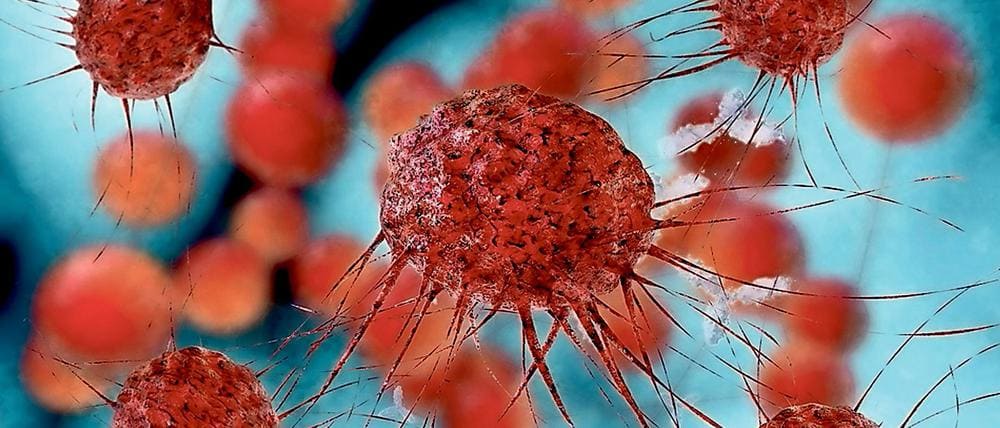KEY TAKEAWAYS
- The study aimed to investigate the prognostic significance of mast cells and distinct macrophage phenotypes in the microenvironment of HCC post-resection.
- Researchers observed that the impact of CD68+ and CD163+ macrophages and mast cells in the post-resection HCC microenvironment is contingent on abundance and location.
The prognostic implications of mast cells and diverse macrophage phenotypes within the microenvironment of hepatocellular carcinoma (HCC) after resection remain unclear.
Esraa Ali and the research team aimed to focus on examining the local distribution of infiltrating macrophages and mast cells with specific phenotypes within HCC tissues. The primary objective was to evaluate their respective prognostic values concerning the survival outcomes of post-surgical HCC patients.
They performed an inclusive analysis, collecting clinicopathological and follow-up data from 70 HCC patients who underwent curative tumor resection between 1997 and 2019. Immunohistochemical assessment of CD68+ and CD163+ macrophages, along with CD117+ mast cells, was conducted in resected HCC specimens and adjacent tissues.
The QuPath image analysis software automatically estimated the area fraction (AF) of positively stained cells in distinct regions—tumor center (TC), inner margin (IM), outer margin (OM), and peritumor (PT) area. The prognostic significance of immune cells, both individually and in combinations, for time to recurrence (TTR), disease-free survival (DFS), and overall survival (OS) was evaluated through Kaplan-Meier and Cox regression analyses.
The results showed that a high AF of CD68+ macrophages in both the TC and IM, along with a high AF of mast cells in the IM and PT area, demonstrated a significant association with extended DFS. Conversely, a high AF of CD163+ macrophages in the PT area was correlated with a shorter DFS.
Patients categorized in the CD163TChigh & CD68TClow group exhibited a notably shorter DFS compared to all other groups. Additionally, cases characterized by CD163IMlow & CD68IMhigh displayed a considerably longer DFS in comparison to instances with a low AF of both markers.
Patients in the CD68IMhigh & CD163PTlow group, CD117IMhigh & CD163PTlow group, and CD117PThigh & CD163PTlow group demonstrated significantly prolonged DFS in contrast to all other combinations involving the respective cells.
The study concluded that the individual prognostic impact of CD68+ and CD163+ macrophages, along with mast cells, in the microenvironment of HCC post-resection is contingent upon their abundance and location. Importantly, the cumulative prognostic impact is derived from the intricate interplay of different cell phenotypes within and between distinct regions.
Research is sponsored by European Union’s Horizon 2020 research and innovation programme, the Ministry of Health of the Czech Republic, the Cooperatio Program and is co-financed by the Czech-BioImaging large RI project
Source: https://pubmed.ncbi.nlm.nih.gov/38287290/
Ali E, Červenková L, Pálek R, et al. (2024). “Prognostic role of macrophages and mast cells in the microenvironment of hepatocellular carcinoma after resection.’’ BMC Cancer. 2024 Jan 29;24(1):142. doi: 10.1186/s12885-024-11904-8. PMID: 38287290; PMCID: PMC10823625.



